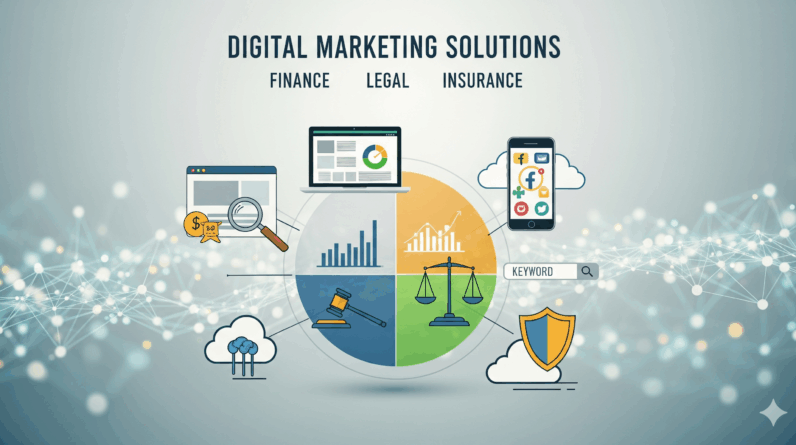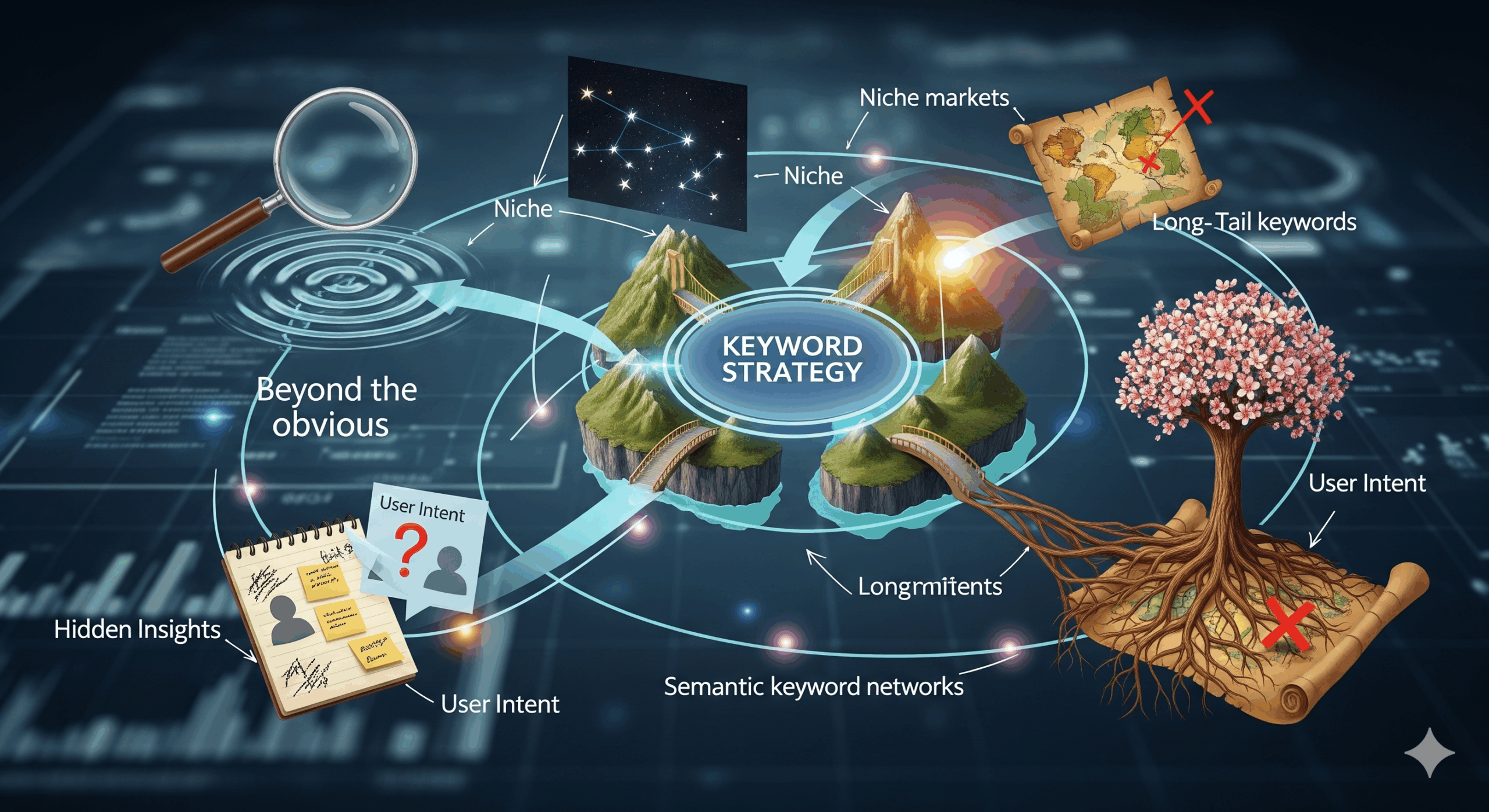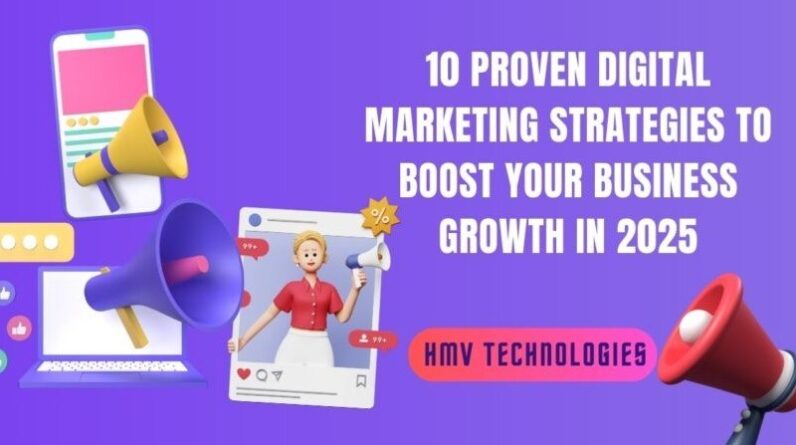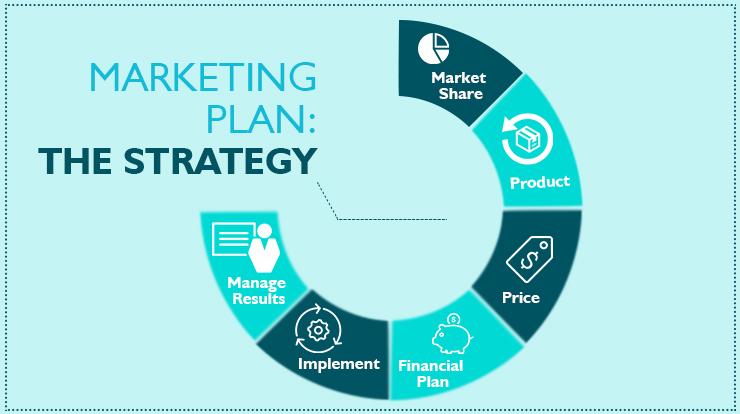
Marketing in the insurance, legal, and finance sectors isn’t like selling sneakers. These are industries built on trust, authority, and deeply personal decisions. A mistake in strategy doesn’t just lose a sale; it can erode confidence and destroy a brand’s reputation. To succeed, marketers must navigate a unique landscape where ethical considerations, regulatory compliance, and a fierce competitive environment are the norm. The key to unlocking growth in these high-stakes niches lies in a sophisticated, dual-pronged approach: mastering organic search with SEO and dominating paid search with AdSense.
Building Your Foundation with Search Engine Optimization (SEO)
In these fields, being the first result on Google isn’t a luxury—it’s a necessity. Potential clients aren’t browsing; they’re searching for solutions to serious problems, and they typically won’t look past the first page of results.
1. The Power of Expertise, Authoritativeness, and Trust (E-A-T)

Google’s algorithm places immense value on E-A-T, and it’s particularly critical in what they call “Your Money or Your Life” (YMYL) topics. For an insurance company, this means publishing articles written by licensed agents. For a legal firm, it means featuring a detailed bio of the attorney writing the content. Every piece of content, from a blog post on “What to Look for in a Life Insurance Policy” to an FAQ on “Understanding Your Legal Rights,” should clearly demonstrate who the expert is.
2. Keyword Strategy: Beyond the Obvious

While a broad term like “car insurance” is tempting, it’s also highly competitive. Instead, focus on long-tail keywords that reflect specific user intent. Think “what happens if my business is sued,” “how to choose a retirement fund,” or “best liability insurance for small business.” These are queries from users closer to making a decision. Furthermore, craft local SEO strategies. A law firm in a specific city, for example, needs to optimize for terms like “personal injury lawyer New York” and build citations on local directories.
3. Content as a Trust Magnet

Your website should be a library of valuable, reliable information. Create detailed guides, case studies (anonymized where necessary), and clear explanations of complex topics. This isn’t just for rankings; it builds trust with your audience. A well-written article on “The ABCs of Estate Planning” doesn’t just attract traffic; it positions your firm as a helpful, credible resource.
Accelerating Growth with AdSense (Google Ads)
While SEO builds long-term authority, AdSense offers immediate visibility and a direct pipeline to qualified leads. However, it requires a careful, strategic approach to avoid burning through budgets.
1. Hyper-Targeted Campaigns

Don’t just target broad keywords. Use negative keywords to filter out irrelevant searches (e.g., “free legal advice” if you don’t offer it). Segment campaigns by location, time of day, and even user device. A campaign for “emergency legal help” might perform best in the evening, while a campaign for “financial planner” might peak during business hours.
2. The Landing Page is King

Your ad is just the beginning. The landing page it directs to must be a seamless continuation of the user’s journey. It should be fast, mobile-friendly, and have a clear, compelling call-to-action (CTA). A user clicking an ad for “business insurance quotes” should land on a page with a simple form to get a quote, not your home page.
3. Compliance is Non-Negotiable
These industries are heavily regulated. All ad copy must be accurate and truthful. Avoid making guarantees you can’t keep. For a financial advisor, this means including disclaimers and not promising specific returns. For a legal firm, it means avoiding language that implies certain outcomes. Google and other platforms have strict policies, and violating them can lead to ad disapproval or account suspension.
By integrating robust SEO practices with intelligent AdSense campaigns, businesses in these high-stakes niches can not only reach their target audience but also build the authority and trust required to turn a click into a client.






